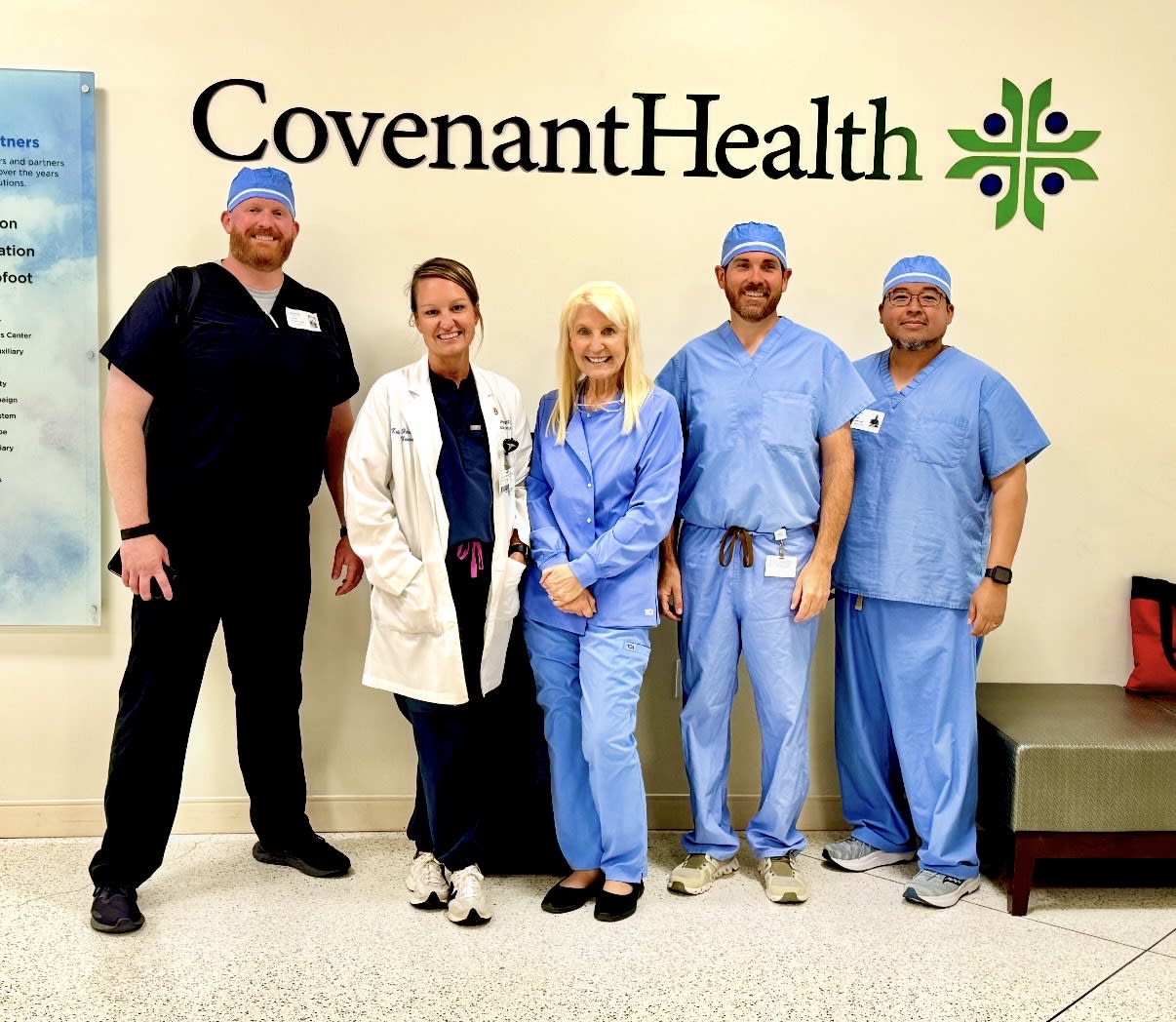Treating Cognitive Disorders
We know a cognitive disorder can be life changing. That’s why we’re here for you with compassionate care to ease your symptoms, potentially slow the progression of your disorder and help you live to the fullest.
Why Choose Us for Your Cognitive Disorder Care?
At Providence, we see more than patients – we see the life in us all. Learn why people trust us to treat their cognitive disorders and maximize their quality of life.
How Our Doctors Are Making a Difference
Verna Porter, M.D., a Providence neurologist in California, often sees people over the age of 55 who want to maintain their brain health and well-being. She explains how to do that and debunks myths about aging.
More About Cognitive Disorders
Cognitive disorders can be caused by disease, injuries, aging or other factors. They affect the way the brain works, making it difficult to think, remember or learn things. Symptoms can include difficulty concentrating, solving problems or even recognizing familiar people or objects. For example, a patient with a cognitive disorder may not remember how or why to use something that’s a part of daily life, such as a key or a credit card. Or they may not be able to solve a problem such as what to make for dinner.
- Alzheimer’s disease
- Amnesia
- Dementia
- Down syndrome
- Frontotemporal dementia (FTD)
- Huntington’s disease
- Lewy body dementia (LBD)
- Korsakoff syndrome
- Mild cognitive impairment (MCI)
- Mild neurocognitive disorder
- Parkinson’s disease
- Traumatic brain injury (TBI)
- Vascular cognitive impairment (VCI)
Testing and Diagnostics

Your neurological care team uses advanced diagnostics to diagnose your condition. Depending on your case, these may include one or more of the following:
- Advanced neurological imaging
- Blood test
- Electroencephalogram (EEG)
- Genetic testing
- Neuropsychological testing
Personalized Treatment for Cognitive Disorders
There are many cognitive disorders, and symptoms can vary from patient to patient. This is why your care team works with you to create a treatment plan based specifically on your disorder, your symptoms and your personal needs. Your plan will combine medical treatment and supportive care, and may include one or more of the following:
- Culinary medicine
- Drug interaction monitoring
- Health coaching
- Lifelong learning
- Lifestyle medicine
- Prescription medication
- Occupational therapy
- Physical therapy
Find Neurological Care Close to You
Meet the Team
At Providence, you'll have access to a vast network of dedicated and compassionate providers who offer personalized care by focusing on treatment, prevention and health education.
Expert Tips and Advice





